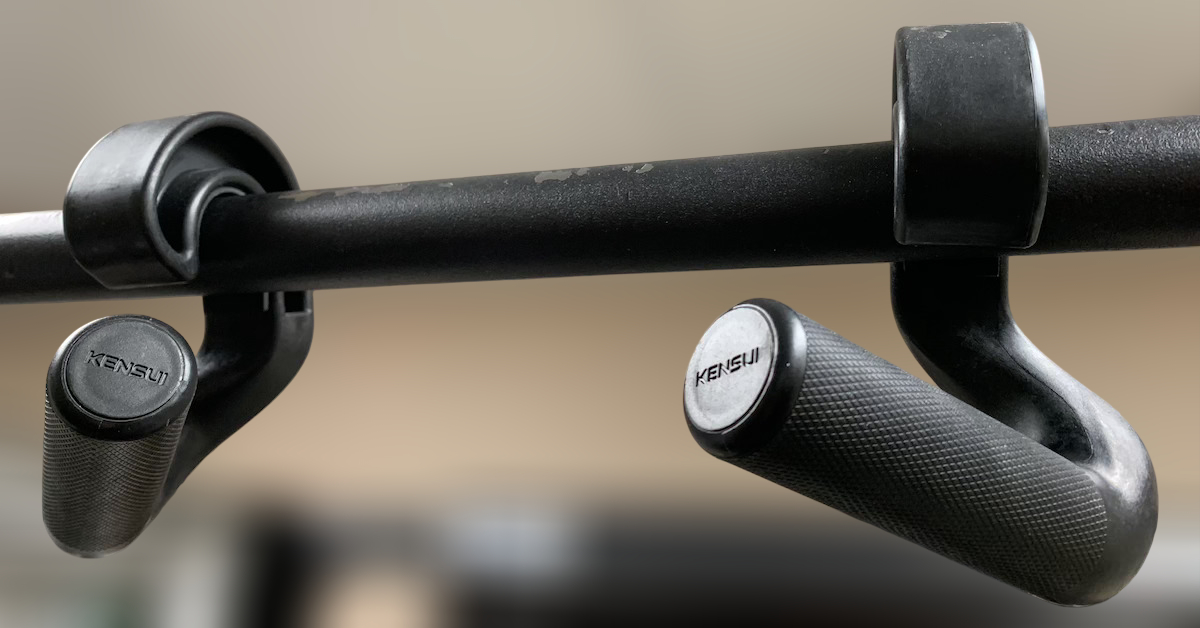Research can provide golden insights for health and fitness professionals. Here are some recent findings in the fields of nutrition and supplementation to help you stay ahead of the curve:
Nutritional and Supplementation Strategies to Prevent and Attenuate Exercise-Induced Muscle Damage
“Exercise-induced muscle damage typically results in impaired performance, increased pain and soreness, and reduced training quality. Athletes and active individuals who require rapid recovery between bouts of damaging exercise/physical activity should implement well-supported nutritional and supplementation strategies to augment and assist with the recovery process.”
📄 Read the full study
💡 Note: This review article outlines several supplementation strategies that can help reduce post-workout soreness. There’s one in particular that I’ve found to be quite effective—learn what it is here:
👉 A Great Way to Reduce Post-Workout Soreness
A Review of Potential Beneficial Effects of Honey on Bone Health
“The literature shows that honey has promising skeletal-beneficial effects in preventing osteoporosis. Many types of honey have been shown to prevent bone loss in various animal models via its high antioxidant and anti-inflammatory properties.”
📄 Read the full study
💡 Note: Honey may be particularly beneficial when taken before exercise. Here’s how I use it regularly:
👉 The Serrano Pre-Workout Buzz
Interested in improving bone density through exercise? Start here:
👉 Sticks, Stones, and Pink Dumbbells May Break Your Bones
Protein Intake to Maximize Whole-Body Anabolism During Postexercise Recovery in Resistance-Trained Men
“A breakpoint protein intake of ∼2.0 g·kg−1·d−1, which maximized whole-body anabolism in resistance-trained men after exercise, is greater than previous IAAO-derived estimates for nonexercising men and is at the upper range of current general protein recommendations for athletes…”
📄 Read the full study
💡 Note: This aligns closely with the standard recommendation of 1 gram of protein per pound of body weight for muscle gain. In general, when it comes to protein, too much or too little isn’t ideal—a moderate amount is best:
👉 Moderate Protein Intake Is Best
Plasma Amino Acid Concentrations After the Ingestion of Dairy and Collagen Proteins
“The intake of collagen proteins results in higher plasma peaks of glycine, whilst the intake of dairy proteins results in higher plasma peaks of leucine. This information may support further investigations, and identification of key AAs that may support exercise in the synthesis of collagen.”
📄 Read the full study
💡 Note: Combining essential amino acids (like leucine) with conditionally essential ones found in collagen may help support connective tissue health. That’s exactly what I did last night—added:
- A scoop of essential amino acids
- A tablespoon of collagen protein to a bowl of Greek yogurt
Looking forward to a strong, injury-free workout this morning!
Effect of the Combination of Creatine Monohydrate Plus HMB Supplementation
“The combination of 3–10 g/day of creatine monohydrate plus 3 g/day of HMB for 1–6 weeks could produce potential positive effects on sport performance (strength and anaerobic performance) and for 4 weeks on body composition (increasing fat free mass and decreasing fat mass).”
📄 Read the full study
💡 Note: In a post I wrote four years ago, I said this:
“There are so many sports nutrition supplements out there, but only a few can really help you build muscle. Creatine monohydrate, glucose polymers, and HMB are three supplements that get results both in the lab and in real life… I believe that if you combine these supplements, you can amplify the effect of each one and get a better overall response.”
👉 A Potent Post-Workout Cocktail
Looks like science is finally catching up!

Upgrade Your Pull-Ups with Swissies-SP Handles
Pull-ups are one of the best exercises for building back and arm strength—but not all pull-up bars are created equal.

No Time to Walk After a Meal? Do This Instead!
By now, most people know that getting in daily steps is essential for overall health. In particular, taking a short

Stay Fit on the Fly: No-Excuse Workouts for Travelers
One of the biggest challenges people face when traveling is maintaining their exercise routine. The two most common excuses? Lack
follow
Error: No feed with the ID 2 found.
Please go to the Instagram Feed settings page to create a feed.
